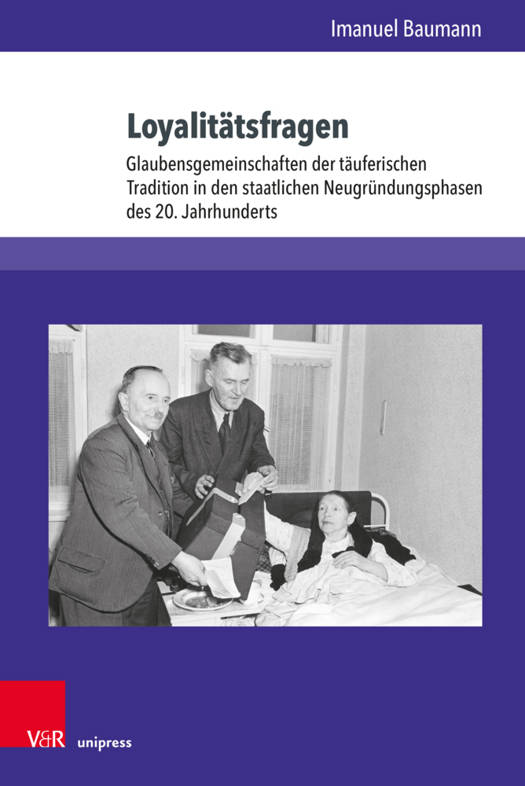
- Afhalen na 1 uur in een winkel met voorraad
- Gratis thuislevering in België vanaf € 30
- Ruim aanbod met 7 miljoen producten
- Afhalen na 1 uur in een winkel met voorraad
- Gratis thuislevering in België vanaf € 30
- Ruim aanbod met 7 miljoen producten
Zoeken
Loyalitatsfragen
Glaubensgemeinschaften Der Tauferischen Tradition in Den Staatlichen Neugrundungsphasen Des 20. Jahrhunderts
Imanuel Baumann
€ 135,95
+ 271 punten
Omschrijving
Since the days of the Reformation, various free Protestant churches have evolved alongside the established churches in dissociation from and conflict with mainstream society. In the process, their members also resisted the authority of the state to the extent that it restricted the free practice of their faith. Against this background, this volume inquires into the changes and continuities in state action vis-a-vis the free churches on the one hand, and the free-church attitudes and modes of behaviour towards the state on the other. The analysis is deliberately limited to the phases of upheaval around 1918, 1933 and 1949. These years marking changes of political system each generated their own specific set of challenges with regard to the definition and calibration of the relationship between the free churches and state authority. The study concentrates on the free churches that - in different ways - regarded and regard themselves adherents to the "Anabaptist tradition" (Mennonites, Baptists and the Hutterite Bruderhof).
Specificaties
Betrokkenen
- Auteur(s):
- Uitgeverij:
Inhoud
- Aantal bladzijden:
- 475
- Taal:
- Duits
- Reeks:
- Reeksnummer:
- nr. 78
Eigenschappen
- Productcode (EAN):
- 9783847112181
- Verschijningsdatum:
- 8/03/2021
- Uitvoering:
- Hardcover
- Formaat:
- Genaaid
- Afmetingen:
- 155 mm x 231 mm
- Gewicht:
- 793 g

Alleen bij Standaard Boekhandel
+ 271 punten op je klantenkaart van Standaard Boekhandel
Beoordelingen
We publiceren alleen reviews die voldoen aan de voorwaarden voor reviews. Bekijk onze voorwaarden voor reviews.







